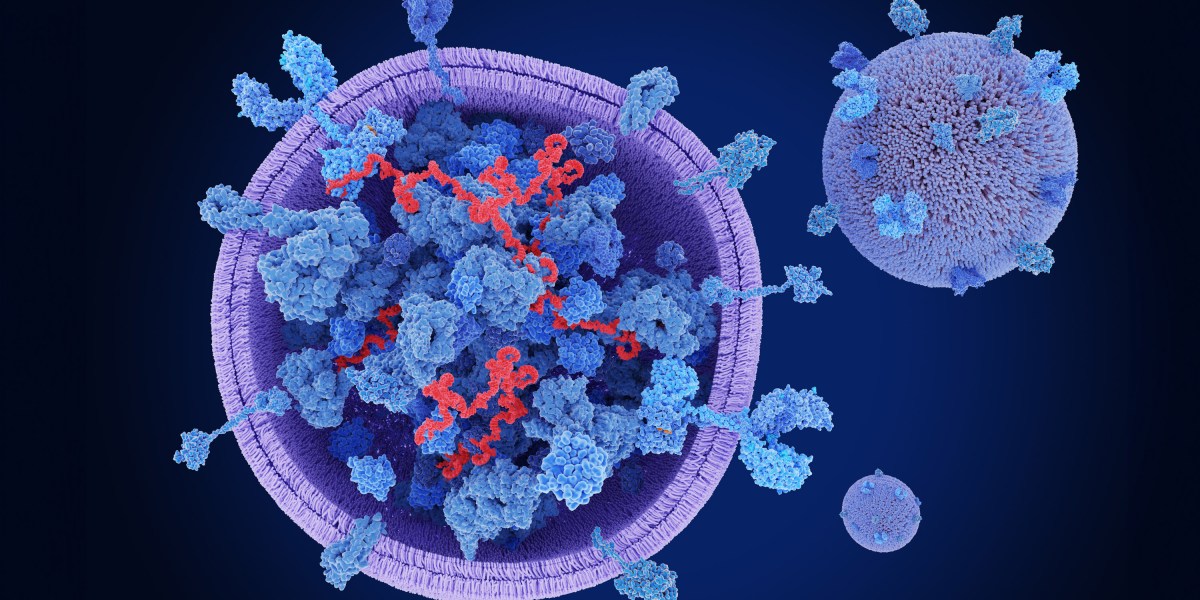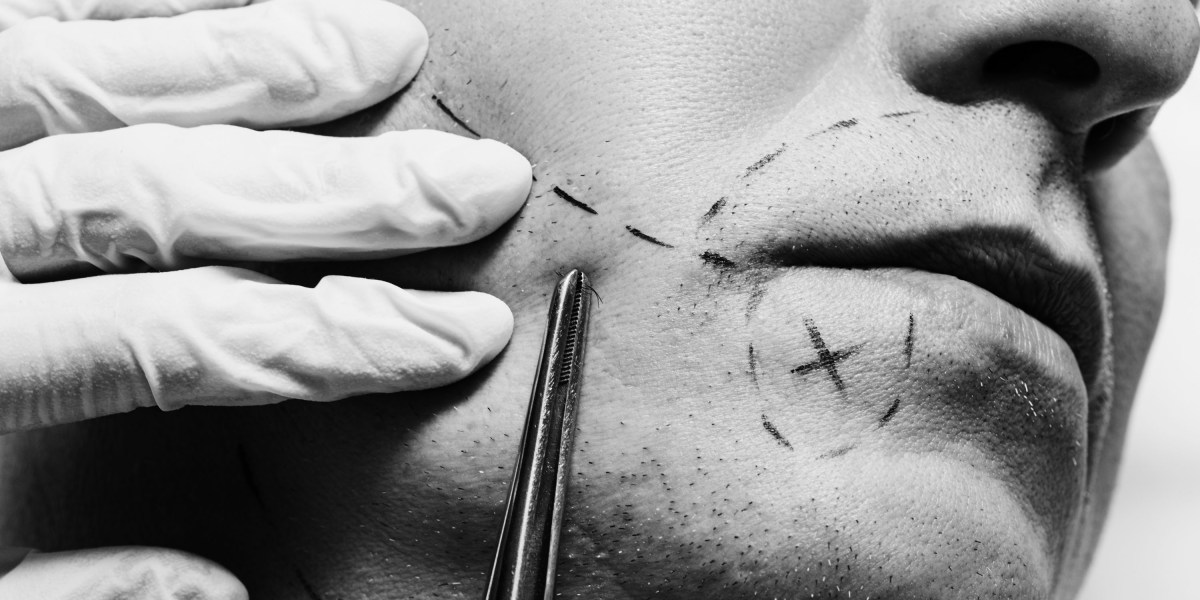Exosomes could also be useful for delivering drug treatments. After all, they are essentially little packages of proteins and other matter that can be shuttled between cells. Why not fill them with a medicine and use them to target specific regions of the body?
Because exosomes are made in our bodies, they are less likely to be seen as “foreign” and rejected by our immune systems. And the outer layer of an exosome can serve as a protective coat, shielding the drug from being degraded until it reaches its destination, says James Edgar, who studies exosomes at the University of Cambridge. “It’s a really attractive method for drug delivery,” he says.
Dave Carter is one scientist working on it. Carter and his colleagues at Evox Therapeutics in Oxford, UK, are engineering cells to produce compounds that might help treat rare neurological diseases. These compounds could then be released from the cells in exosomes.
In their research, Carter and his colleagues can change almost everything about the exosomes they study. They can alter their contents, loading them with proteins or viruses or even gene-editing therapies. They can tweak the proteins on their surfaces to make them target different cells and tissues. They can control how long exosomes stay in an animal’s circulation.
“I always used to love playing with Lego,” he adds. “I feel like I’m playing with Lego when I’m working with exosomes.”
Others are hopeful that exosomes themselves hold some kind of therapeutic value. Some hope that exosomes derived from stem cells, for example, might have some regenerative capacity.
Ke Cheng at Columbia University in New York is interested in the idea of using exosomes to treat heart and lung conditions. Several preliminary studies suggest that exosomes from heart and stem cells might help animals like mice and pigs recover from heart injuries, such as those caused by a heart attack.
There are certainly plenty of clinical trials of exosomes underway. When I searched for “exosomes” on clinicaltrials.gov, I got over 400 results. These are early-stage trials, however—and are of variable quality.




